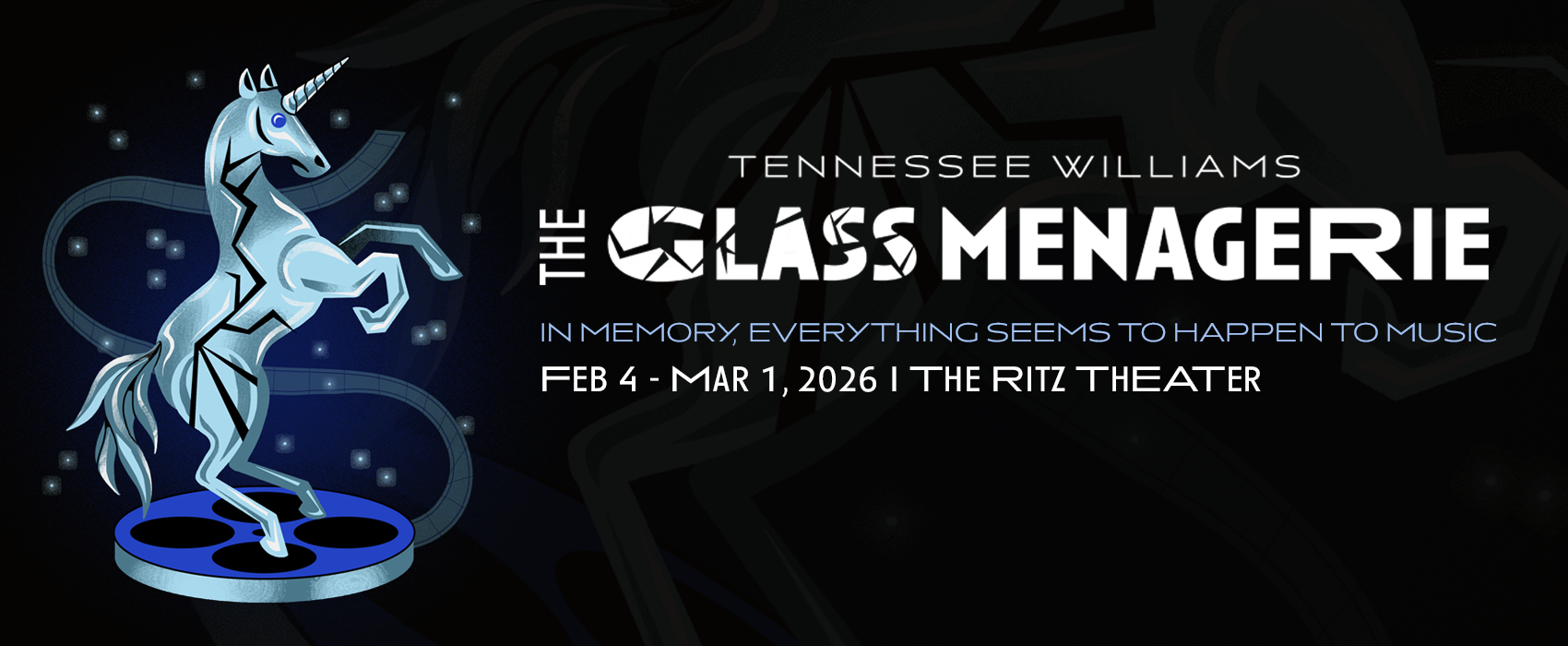La Boheme at Southern Theater on 11/3/07
/2007.By Jon Behm.
As I entered the Southern Theater on Saturday night, I couldn’t help but to be reminded of the St. Paul Caves. The theater is small and dark and completely composed of weathered looking stone. It is the perfect backdrop for the theater’s current opera, Puccini’s La Bohème, Theater Latté Da Production Company. La Bohème is the love story of a group of dirt-poor, Parisian intellectuals. It also has special significance for me, as it is my namesake opera (Behm originally coming from Boheme, or “Bohemian,” in English). While the original opera takes place in the early Nineteenth Century, Director Peter Rothstein chose to stage his production against the backdrop of the turbulent 1940s, complete with the Nazi occupation of Paris.
The opera opens with our protagonists Rodolfo and Marcello complaining of the cold in their poor Paris garret. To stay warm they are forced to burn Rodolfo’s manuscripts in the stove. This is the first in a series of hardships, sacrifices and suffering that the characters go through, all in the name of following their artistic endeavors – painting for Marcello, poetry for Rodolfo, philosophy for Colline and music for Schaunard. The women’s boho passions (Mimi’s embroidery and Musette’s singing) aren’t presented quite as prominently as the men’s. Whether this is a chauvinistic view of female artists or just an accurate reflection of Theater Latté Da’s performance, which was nearly flawless.
I used to scoff at those who claimed to be moved by opera. Before I saw an opera of my own, I was very skeptical of its emotional proclivities. I now know, however, that good opera has enough charged passion in its arias to bring tears to the eyes of the crustiest cynic. Latté Da’s production is just such a piece, and Saturday evening’s performance left me shaken and overwhelmed.
I cannot point out the strong points in the cast, simply for the fact that there weren’t any weak ones. Nathan Brian’s Marcello was spot on, and his forceful baritone without peer. I could easily say the same of Roy Kallemeyn, tenor James Howes and bass Bryan Boyce; playing Schaunard, Rodolfo and Colline, respectively. Jill Sandager too was amazing as Musette, with her coquettish flirting and clear-as-a-bell soprano. Her rendition of “Quando Me’n vo Soletta per la Via” left me speechless. Additionally, Meghann Schmidt as Mimi was an extremely good casting choice. Her vocal talent is in no place better exemplified than in the incredible scene near the end of the show where she sings “Sono andati? Fingevo di domire” while lying on her back. The cast also did a particularly good job with the technically difficult ensemble pieces.
Michael Hoover’s set design was well suited to the show as well. He did a wonderful job utilizing the space to create an extremely beautiful backdrop. When the snow begins to fall among the trees and streetlights, I nearly felt the chill of winter. Every romantic aspect of Paris was maximized, from outdoor café to mustachioed street vendors and long legged pinup girls. When the Nazis show up, their chaotic barbed fence is a physical metaphor for their cruelty, a scar across the lovely set.
Not least of all were the costume design by Rich Hamson and musical accompaniment directed by Joseph Schlefke. Hamson’s characters were costumed perfectly, and looked like characters in a Melville film come to life. Schlefke’s original score, featuring violin, accordion and piano, was the perfect catalyst to the intrinsic “Frenchness” of the show, and tied the show together brilliantly.
Though it could sometimes be difficult to read the subtitles above the stage while trying to watch the performers at the same time (the opera is sung completely in its original Italian) I didn’t find it to take much away from the show. Where it possibly hurt a little is the comedy—La Bohéme is actually a very funny opera, but it could be difficult to catch both the physical humor as well as the written subtitles simultaneously.
La Bohéme will run at the Southern Theater through November 18th, and I would strongly encourage anyone to see it. Any person who feels an emotional connection to music, whether it be from rock n’ roll, hip hop or any other musical style; I think could identify with the raw passionate song of the opera. Especially this particular show, which delivers a tremendous amount of talent for a very reasonable price.


